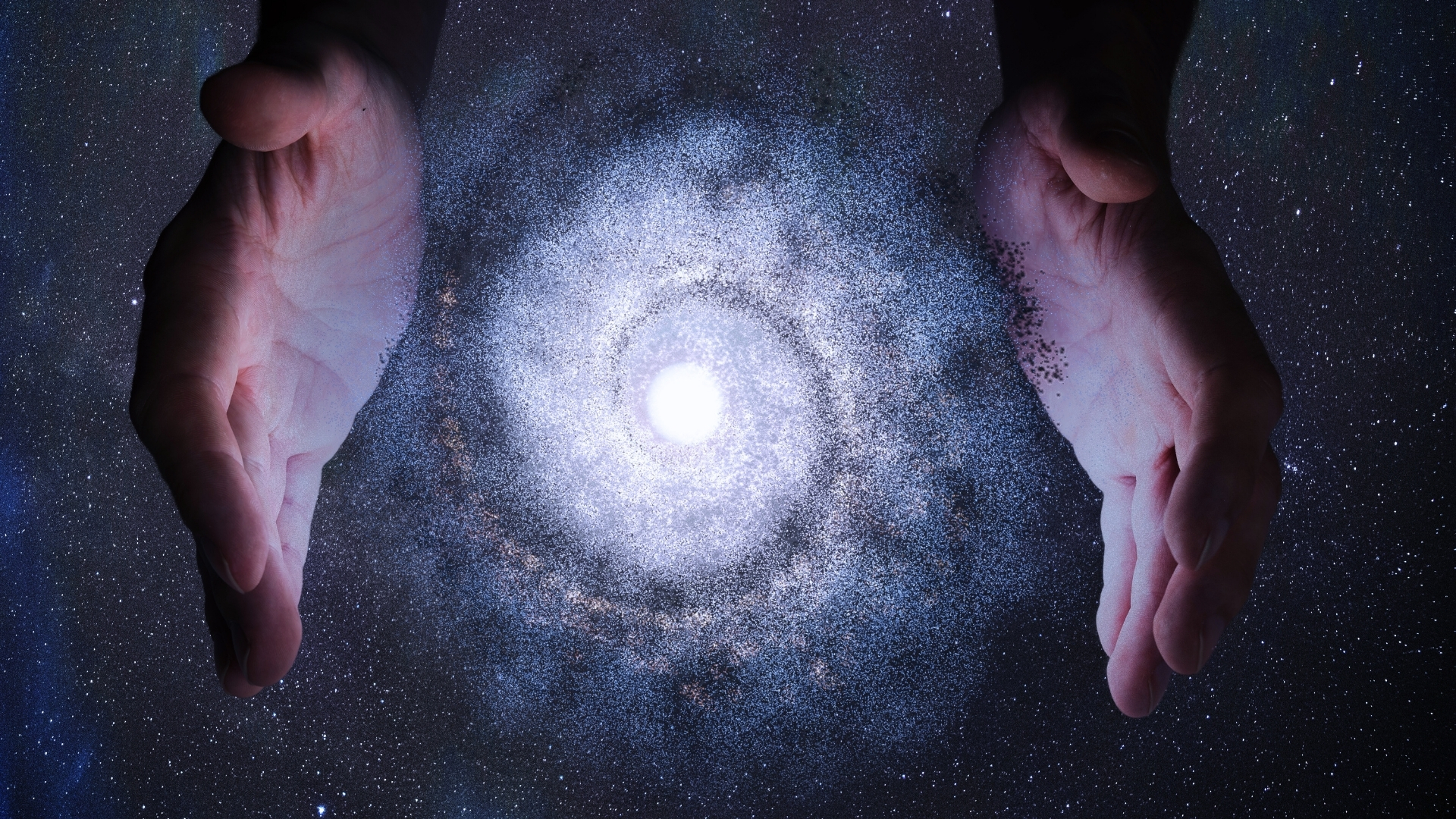
The relationship between science and theology has been a subject of debate for centuries. In recent years, scientific discoveries have opened new avenues for understanding how the universe might have been created, encouraging some to speculate on the possibility of divine intervention. This article delves into how science suggests that God may have played a role in the creation of the universe.
The Big Bang Theory and Divine Creation
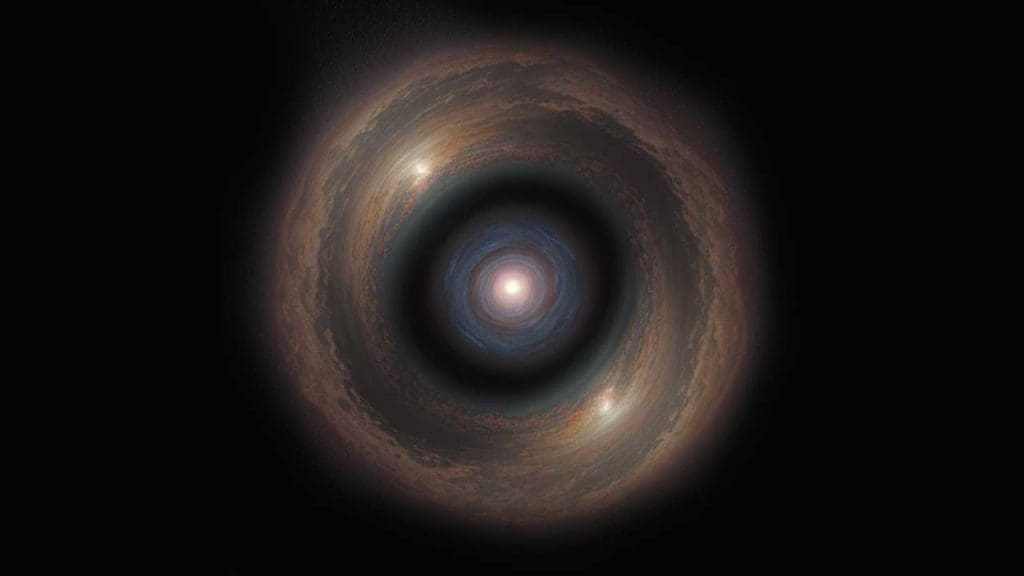
The Big Bang Theory is one of the most widely accepted explanations for the origin of the universe. It posits that the universe began approximately 13.8 billion years ago from an infinitely dense and hot singularity, expanding rapidly to form the cosmos we observe today. This scientific narrative provides a coherent framework that explains not only the cosmic microwave background radiation but also the abundance of light elements and the large-scale structure of the universe.
What intrigues many scholars and theologians is the role of initial conditions in the Big Bang. The finely-tuned initial conditions necessary for the universe to evolve as it did might suggest the presence of a guiding force. These conditions, such as the precise balance between different fundamental forces, raise questions about whether they could have arisen purely by chance or if they point to an underlying purpose or intention.
Philosophically, the Big Bang Theory presents intriguing implications for theology. While some see it as compatible with the concept of divine creation, offering a scientific underpinning to the biblical narrative of “let there be light,” others argue it contradicts traditional religious teachings. The debate continues as both scientists and theologians explore the potential harmony or discord between this cosmic event and spiritual beliefs.
Fine-Tuning of the Universe
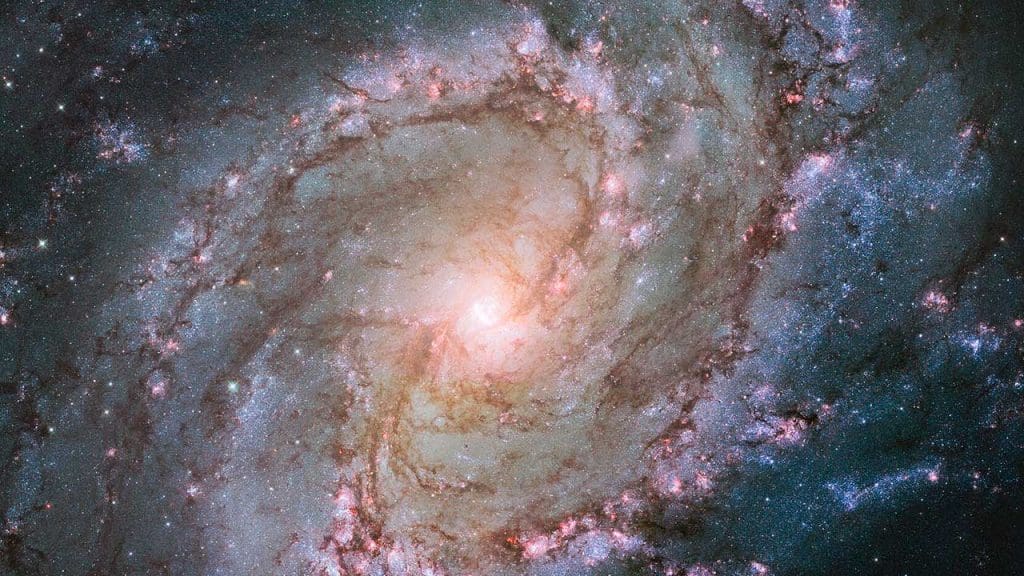
The concept of fine-tuning in the universe refers to the precise nature of physical constants and laws that allow life as we know it to exist. Constants such as the gravitational force, the electromagnetic force, and the cosmological constant are finely balanced. Even the slightest variation in these constants could render the universe lifeless, leading some to argue for intelligent design as an explanation.
The probability of such conditions occurring purely by chance is astronomically low, which has fueled arguments for the existence of a designer. Proponents of intelligent design suggest that the universe’s fine-tuning points to a purposeful creation, potentially by a divine being or force. However, skeptics often counter with the multiverse theory, which proposes that our universe is just one of many, each with different constants and laws, thereby increasing the likelihood of a life-supporting universe emerging.
The multiverse theory, while speculative, offers an alternative explanation for fine-tuning that does not require divine intervention. Yet, it also raises theological questions about the nature of God and creation. If multiple universes exist, what does that imply about the uniqueness of our universe and the role of a creator? These questions remain open as both science and theology grapple with the implications of such theories.
Quantum Mechanics and the Nature of Reality
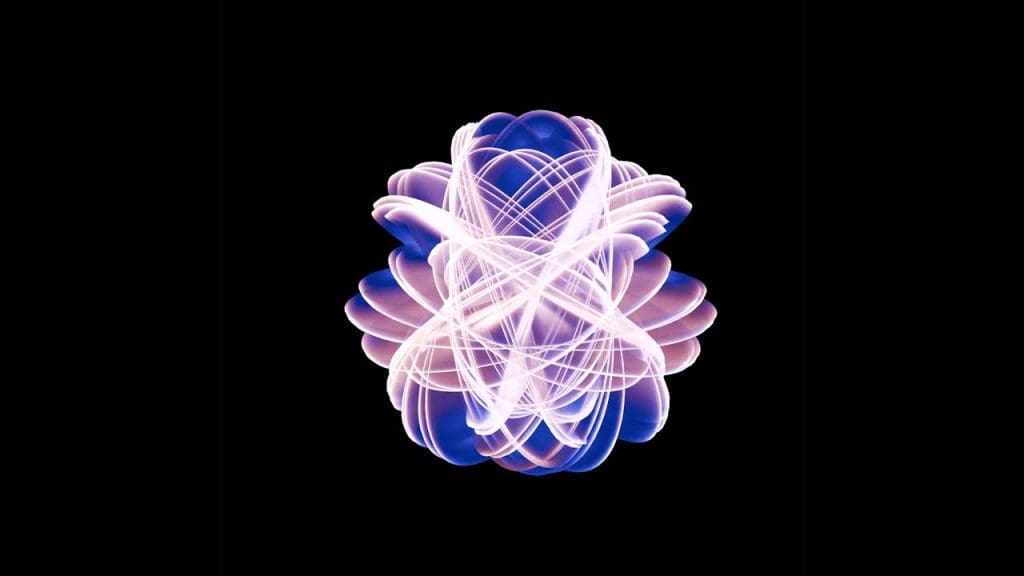
Quantum mechanics has revolutionized our understanding of reality, suggesting that particles can appear from nothing due to quantum fluctuations. This phenomenon could potentially offer insight into how the universe itself might have emerged from a quantum vacuum, challenging traditional notions of creation ex nihilo or creation from nothing.
The observer effect in quantum mechanics, where the act of observation influences the outcome of a quantum event, raises fascinating questions about the role of consciousness in shaping reality. This has sparked discussions in both philosophical and theological circles about the interconnectedness of consciousness and the universe, and whether a divine consciousness could be behind the cosmos.
The intersection of quantum physics and spirituality has led to a wealth of interpretations and debates. Some see parallels between quantum theories and spiritual concepts, suggesting that the universe’s fundamentally unpredictable nature aligns with mystical ideas about reality. While these discussions are far from conclusive, they highlight the ongoing dialogue between science and spirituality.
Evolution of Cosmological Theories
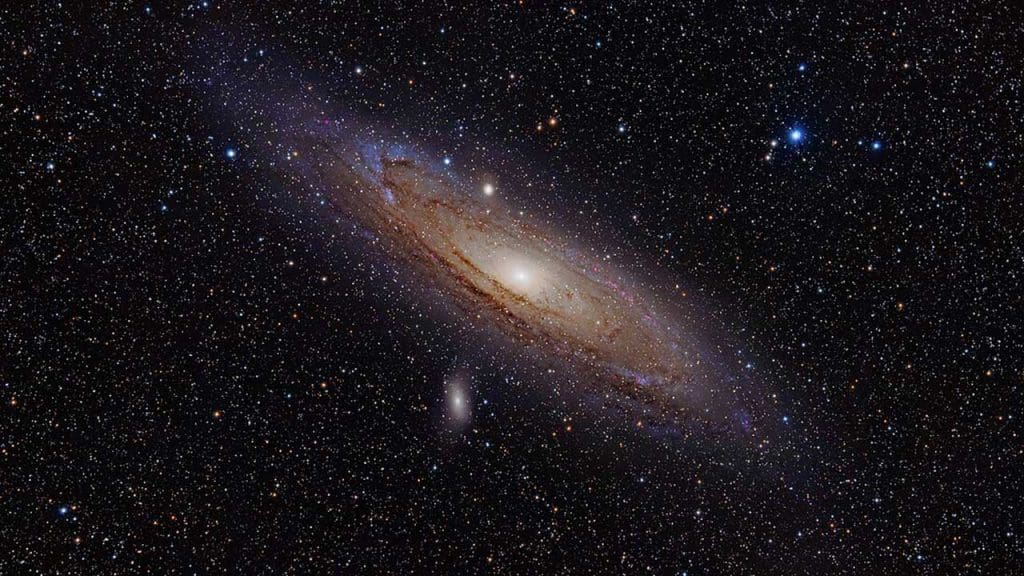
Throughout history, cosmological theories have evolved significantly, from ancient mythological narratives to modern scientific models. Early cosmologies often depicted the universe as a finite, ordered system created by divine beings, reflecting the cultural and religious beliefs of the time. As scientific understanding progressed, these views were gradually replaced by empirical observations and theoretical models, culminating in the Big Bang Theory.
Modern cosmological theories, while grounded in scientific evidence, also find resonance with various religious texts. For instance, the idea of a universe with a distinct beginning aligns with many creation narratives that describe a moment of inception. This has led to attempts to reconcile scientific and religious perspectives, fostering a dialogue that seeks common ground between seemingly disparate worldviews.
As scientific exploration continues, new discoveries may further illuminate or complicate the relationship between science and religion. Future advancements in cosmology could potentially offer deeper insights into the universe’s origins, challenging existing paradigms and inspiring new interpretations of creation.
The Role of Faith and Science in Understanding Creation
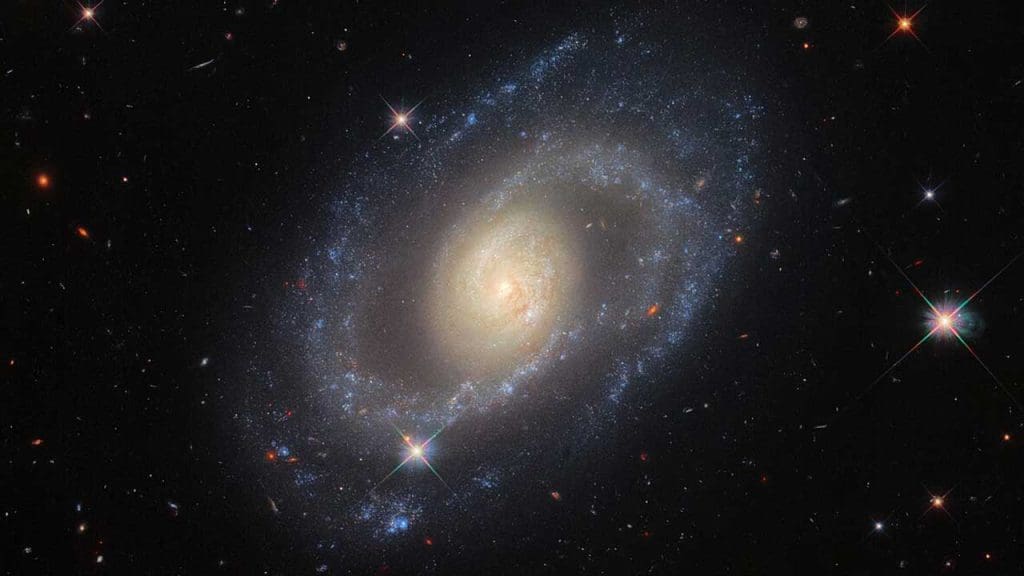
Faith and science each offer unique perspectives on the origins of the universe, providing different yet complementary insights. While science seeks to explain the mechanisms behind cosmic events through empirical evidence and theoretical models, faith often addresses the existential questions of meaning and purpose that science alone cannot fully answer.
There are inherent limitations to scientific inquiry, as it is constrained by what can be observed and measured. This leaves room for faith to explore the metaphysical aspects of existence, offering a broader understanding of creation that transcends empirical boundaries. In this way, faith can provide context and depth to the scientific narrative, enriching our overall comprehension of the cosmos.
The human quest for meaning is an enduring journey that spans both scientific discovery and religious belief. As we continue to explore the universe, the interplay between faith and science offers a nuanced perspective on creation, encouraging a holistic approach to understanding our place in the cosmos.